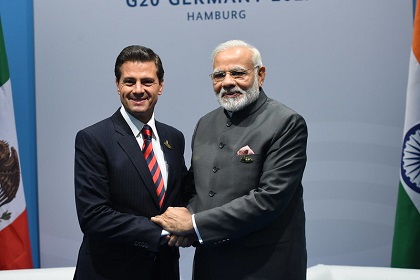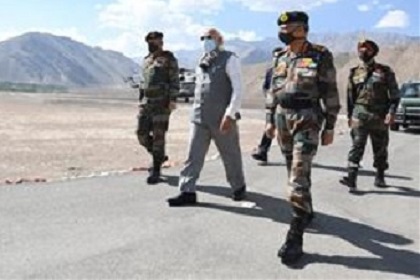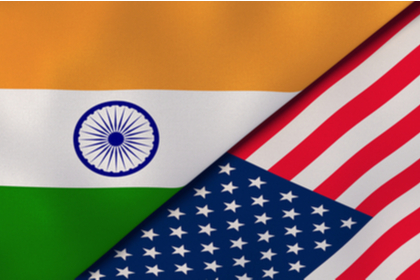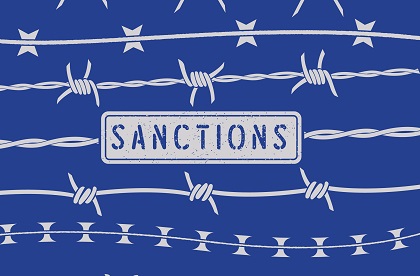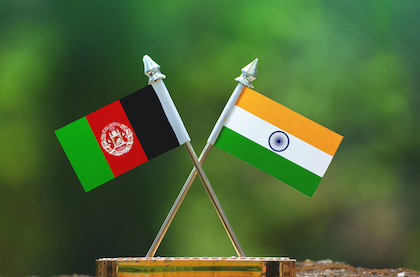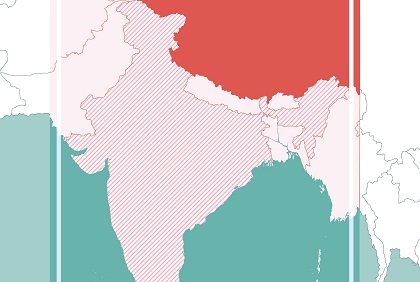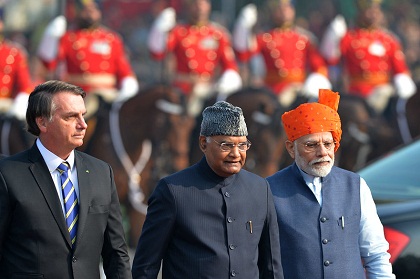India-Mexico: new strategic partnership?
India and Mexico will both be non-permanent members at the UNSC for 2021-22. Although located on different sides of the globe, culturally, the two countries share more in common than expected. As fellow non-permanent members of the UN Security Council as well as pro-active members of G20, the two countries need to intensify their mutual dialogue and cooperation on how to overcome the current weakening and impasse in the multilateral system.

